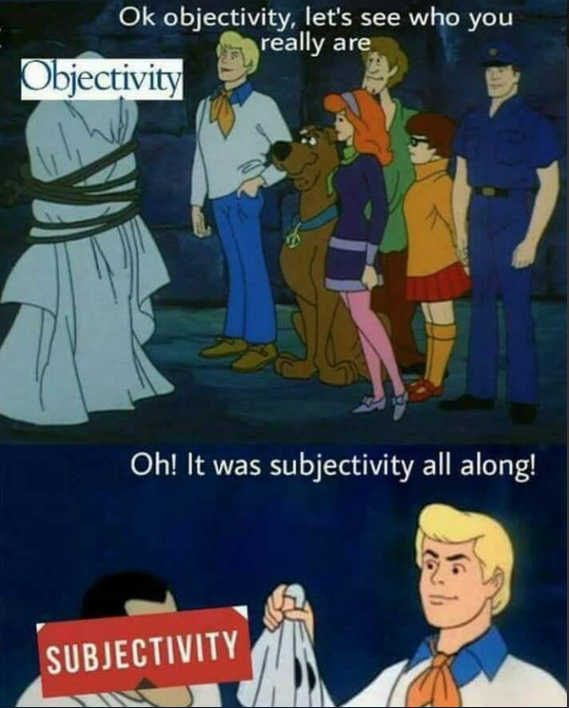Last summer, I was in Seattle, where recreational marijuana is legal and potent. To celebrate our country’s independence, I took advantage of a July 4th sale and bought a joint for a fourth of the price of the San Antonio black market. (The strain was Granddaddy Purple, for those interested). One night, I smoked a bit more than I intended and soon a veil of clear, deep purple fell upon the world; wild animals moved and morphed and fought in the flames of a fire pit. As beautiful as that visual element of the high was, the highlight, and the point of this anecdote, came in a sudden sense of complete bliss unlike any I’ve experienced. Gazing into the purple night, I felt utterly relaxed and happy, filled with a certitude that all in the world was good and all events happen for the best. This feeling was intense and real, as undeniable and self-evident as the equality of man asserted in the Declaration of Independence. This, I thought, was what people call a spiritual experience.
The feeling didn’t last more than 10 minutes, and for the rest of the high, and when I was sober the next morning, I wasn’t convinced that what I had felt was actually reflective of some supernatural order. However, after some confirmatory online reading and conversation with religious acquaintances, I realized that I now truly understood the depth and apparent realness of personal spiritual experience that many serious believers present as justification for belief. More importantly, having not truly understood that kind of experience before, I realized how shallow any prior intellectual understanding of religious experience I professed would seem to a religious person during a debate about belief. My arguments would be far less likely to connect or convince because I didn’t really understand or appreciate the reality of their experience.
This illustrates a critical gap in how rational argument and thought are popularly understood and defended and the importance of experience and, failing that, empathy as necessary correctives. Specifically, I suspect that many people, including myself, imagine that we can objectively evaluate claims and evidence on their merits, disregarding our personal biases in the process. In reality, our ingrained biases impede our objectivity in ways that barely register beyond the sneaking discomfort of cognitive dissonance. One manifestation of such bias is a tendency to simply dismiss arguments or evidence we disagree with without giving them deep consideration. Another is a failure to seek out evidence that contradicts our pre-existing beliefs with the same enthusiasm that spurs the search for affirmatory evidence.
Experience and, where experience is impossible, empathy can serve as correctives to this problem by temporarily shifting our mental sympathies to a side we disagree with. At that point, it becomes easier to fully explore and appreciate the facts and arguments that that side may present.
For example, my experience growing up Jewish and my personal knowledge and connection to the history of Jewish persecution make it far easier for me to understand the arguments that social justice activists make about the legacies and realities of discrimination, even though I don’t, and never will, have the experience of being black in America.
What about someone with no personal experience of discrimination on the basis of race, religion, gender, or ability? Empathy can do the job, though it is more arduous. In my experience, reading history that vividly described the continuous indignities heaped upon American blacks in the immediate aftermath of the Civil War, through Reconstruction and into the present day, followed by intense, lengthy internal reflection enabled me to come closer to understanding American history from an African-American perspective on a personal level. This was without drawing any conscious connections to my Jewish heritage.
This approach can be applied universally to truly understand everyone from white supremacists and Islamic extremists to vegans and pro-life activists.
Of course, this is not to say that empathy and empathic experience should replace efforts at objective, rational thinking. Far from it. Actions or opinions based purely on emotion are almost always bad. Consider the number of people who, in light of the human tragedy of flooding, criticized the city of Houston for not ordering an evacuation in anticipation of Hurricane Harvey. These people’s emotional concern was well-founded and laudable, but an evacuation would likely have stranded thousands of people on roads that subsequently flooded, causing many more deaths.
Objective thinking is desirable and necessary to determine the right answers to questions of morality, policy and the intersection of the two. However, our individual realities and modes of thought are fundamentally emotional. This is what it is to be human. Empathy and direct experience allow us to attain the visceral, emotional understanding of opposing views necessary to fully understand them. Without that full understanding, rational, objective thinking and analysis is impossible beyond scientific questions. It turns out that, to be rational, it’s necessary to get a bit emotional.







